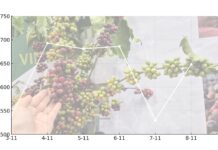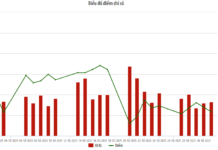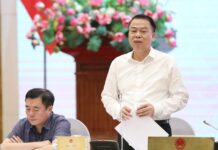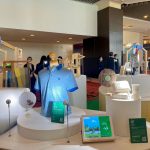“We are striving to prove that Vietnamese textile and garment industry can add value to the global textile and apparel supply chain”, noted Ms. Tran Hoang Phu Xuan, CEO of Faslink Vietnam, at the seminar ‘New Definition of Success – Supporting Women Entrepreneurs to Develop Sustainably’. This was the first seminar organized by Beacon Fund Investment Fund and the Initiative to Support Women in Start-ups and Business (WISE).
CEO of Faslink shares for the first time the reason for switching to bamboo, mint, and coffee fabric…
Faslink was established in 2008, as a result of the merger between Xuan Phuong Nam Garment Joint Stock Company and An Thuan Phat Fabric and Garment Company. The company was the first in Vietnam to provide custom-made uniforms for large enterprises. While sourcing for materials, the CEO suddenly realized that the fabric market in Vietnam was quite outdated.
In 2019, Faslink became the first company in the world to successfully commercialize polo and shirts made from coffee yarn. Similarly, when it comes to lotus fabric, the company was also a pioneer in creating lotus shirts.
By the end of 2022, the company’s total output reached over 5 million meters, of which 40% were made from natural materials (including lotus, mint, coffee, and bamboo). 2022 was also the year Faslink represented the Vietnamese brand and spoke about sustainable fashion and circular economy at the APEC conference.
“From the beginning, we were quite surprised because 18 years ago, we learned that the fashion industry was the second most polluting industry in the world. We wanted to do our work with the least negative impact possible. And we chose the path of sustainable fashion”, said Ms. Xuan about the reason for switching to sustainable fashion.
“We dream big, but we keep our feet on the ground”
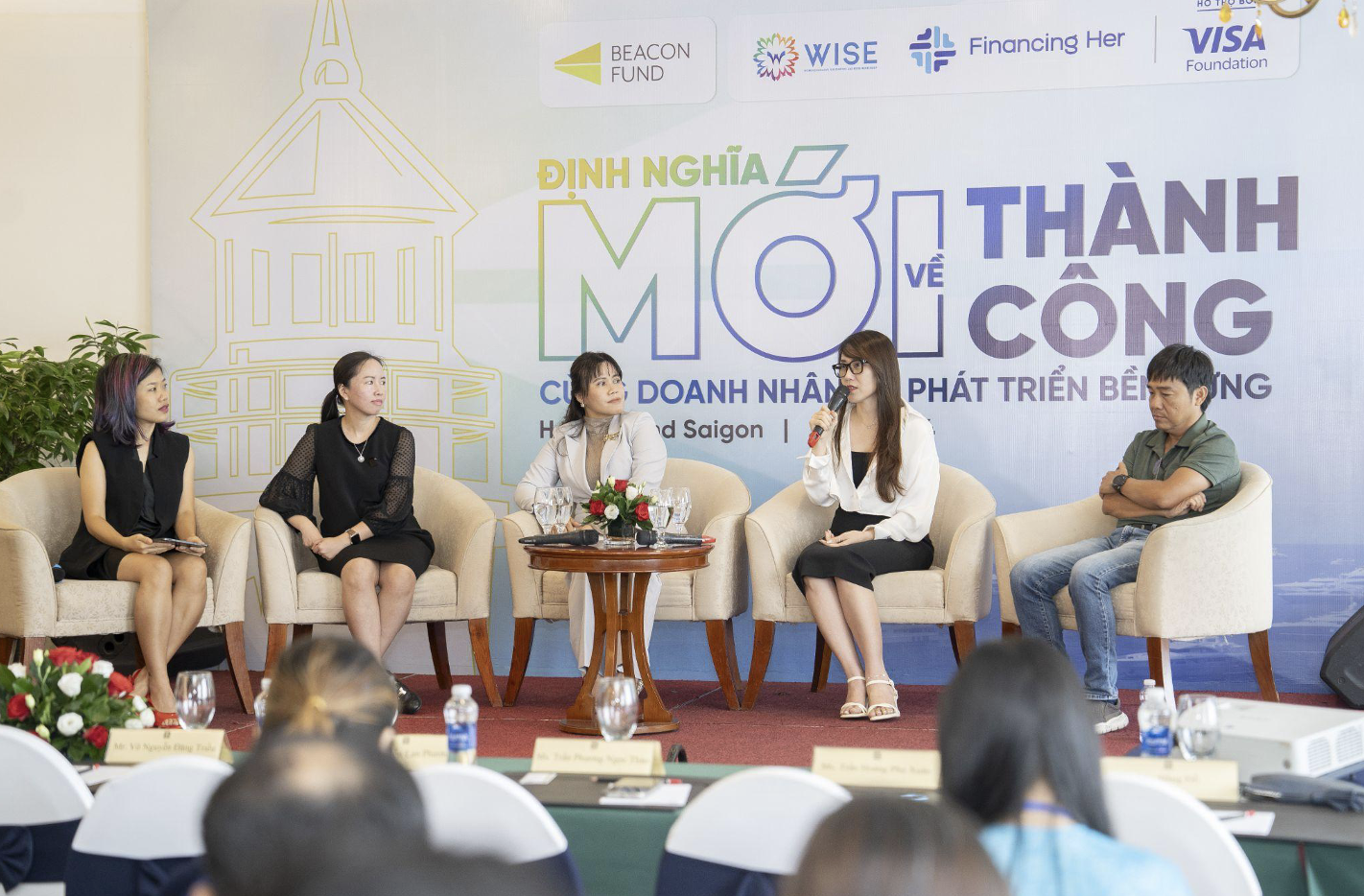
Photo: Ms. Xuan shared at the seminar ‘New Definition of Success – Supporting Women Entrepreneurs to Develop Sustainably’
In the first 3-4 years, the company faced significant challenges, mainly due to limitations in knowledge and the fact that the Vietnamese market at that time was not ready to embrace the concept of sustainable fashion.
Starting with four old Japanese domestic sewing machines and not even having the money to buy new ones, Faslink had to face a double challenge: being creative and innovative while also making a profit to sustain the business.
Given the financial constraints, Faslink’s approach has always been to research thoroughly before starting anything new. “We dream big, but we keep our feet on the ground”, said Ms. Xuan. Even in the early years of the business, Faslink studied a lot about ideal company models globally, such as Procter & Gambel.
“I personally love that company so much that I spent two years trying to get in but failed repeatedly in the interviews. Later, I started my own business. Looking back, I think I was quite stubborn in pursuing my goals.”
“Also, because I loved that company so much, my first customer had to be Procter & Gambel, which was also the first customer to use Faslink’s services. I thought that having role models to look up to and trying to live up to their standards would provide a strong foundation, at least in terms of spirit and methodology”, shared the CEO.
Currently, Faslink continues to learn from large corporations. There are two companies that Faslink highly admires, including (i) a 138-year-old family business and (ii) a listed company that has been operating for 186 years. Interestingly, Faslink is collaborating with their “idol” company. In their interactions, 30% of the conversation is about work, while the remaining 70% is Faslink asking about their long-standing success.
Sustainable fashion is not just about natural materials, but also about working methods, product creation, services, and sales approach
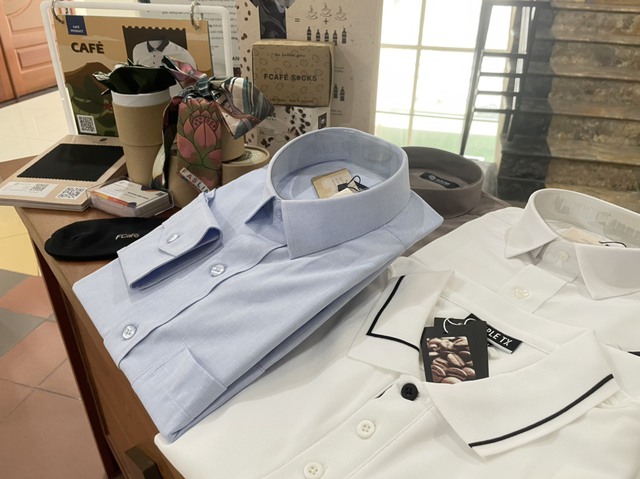
Photo: Faslink shirt made from coffee-based fabric
In this new conversation, Ms. Xuan emphasized that instead of using the term “sustainable textile and garment industry”, it should be referred to as the “sustainable fashion industry”. This is because, when discussing the core of sustainability, people often associate sustainable fashion only with materials. However, according to Ms. Xuan, sustainable fashion encompasses working methods, product creation, services, and sales approach.
“There are many methods to choose from. Currently, by choosing to go down the path of sustainability, we find ourselves very busy. Even when the market was not doing well in the past few years, we were still very occupied because sustainability has driven us to do a lot of things”, she said.
For instance, after two years of research, Faslink has come up with at least six solutions for recycling old clothes and has found many partners to collaborate with to address this issue. For example, multinational companies require Faslink to retrieve their old clothes and give the company about two years to solve this problem.

